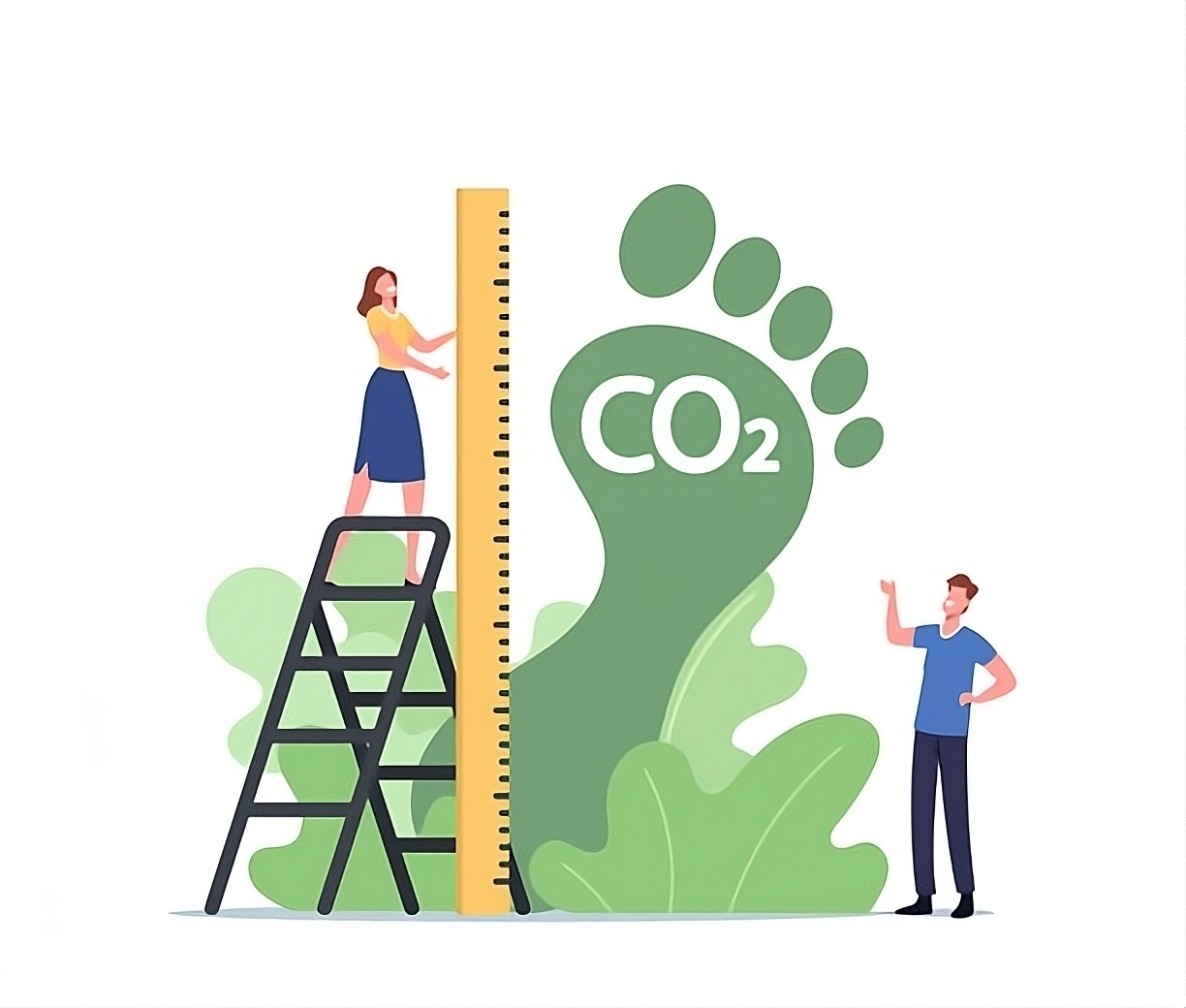
Éco-responsabilité devient une question centrale pour les organisateurs d'événements.
Les calculateurs en ligne se sont développés à grande vitesse depuis quelques années. Parmi les nombreux outils disponibles, 4 sont particulièrement adaptés à la filière événementielle :
Climeet englobe l’ensemble des postes d’émissions d’un événement, de la phase de collecte jusqu’à la déclinaison d’une stratégie de réduction. L'outil traite les données carbones collectées en indiquant les émissions liées à chaque poste ainsi que des pistes de réduction, permettant à l’utilisateur de faire les bons choix et de sélectionner des prestataires responsables en amont de son événement.
Proposé par l’Union Française des Métiers de l’Événement (UNIMEV) et le Comité Régional du Tourisme Paris Région, cleo permet d’évaluer les externalités positives de l’activité événementielle ainsi que les externalités négatives pour chaque manifestation, chaque territoire et pour la filière dans son ensemble.
Greenly Est une application qui permet de mesurer l'empreinte carbone d'un événement. En prenant en compte des facteurs tels que le lieu, le transport, la restauration et la gestion des déchets, le calculateur fournit une estimation des émissions générées par les événements.
Adere Est un outil qui permet d'évaluer la démarche d’éco-conception d'un événement. Il propose un support de réflexion pratique pour permettre d’initier une démarche responsable pour l’organisation et le montage d'un événement culturel, sportif ou professionnel et ce, de sa conception à sa réalisation.
Si ces outils permettent, en peu de temps, d’estimer l’impact sur le climat de son événement, ils se veulent avant tout des outils de prise de conscience.
Ils proposent un diagnostic sommaire ciblé sur les principaux postes d’émissions.


